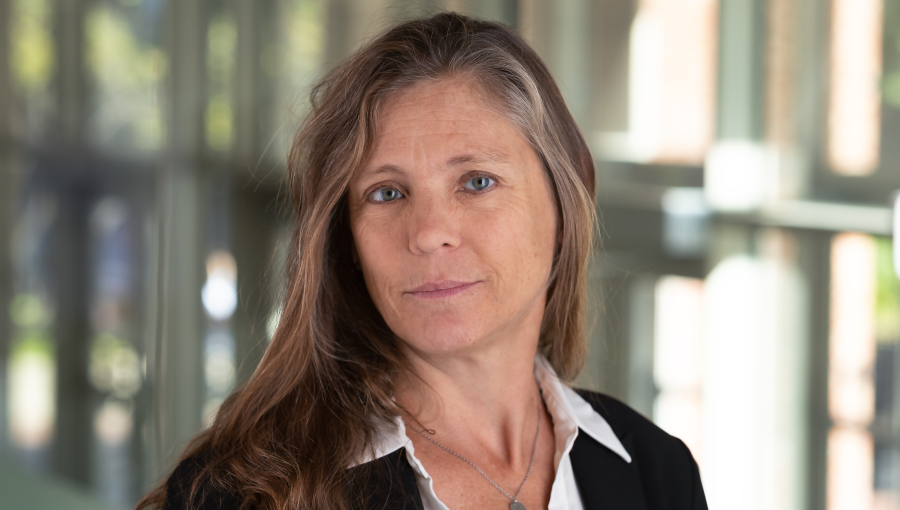JCU Politics Class Witnesses Catalonia's Referendum
A group of students from Professor Federigo Argentieri’s Western European Politics class (PL 250) visited Barcelona, the capital of the Catalonian region (or Catalunya) in Spain, to witness the October 1st independence referendum. The referendum, deemed illegal by the Spanish constitution of 1978, garnered negative reactions from the Spanish government, which banned the vote, thus raising international concern. Despite this, the Catalan government decided to move forward with the vote because of the ongoing dispute over the degree of autonomy to which it feels entitled.
PL 250 students were able to appraise both sides of the issue by talking to many native Catalonians in the days leading up to the vote, as well as at the polling locations on Sunday. Independentists feel that Catalonia should go its own way because of its distinct history, culture, and identity. Those against it believe that the existing Spanish constitution safeguards Catalonian regional diversity in all domains and independence would be unnecessary and ruinous.
The students also spoke with Carme Colomina and Josep Soler, two affiliates of The Barcelona Centre for International Affairs, who were able to provide background information on the referendum. They explained the domestic and international scope of the problem. On the domestic side, the failure to obtain greater autonomy through a reform of the Estatut d’Autonomia (the Autonomy Statute, the basic law of the region), also involving issues of excessive centralist taxation, led to a confrontational stance towards Madrid. On the international side, Mr. Soler, who worked many years at the European Commission, underscored the pro-independence movement’s biggest challenge: international recognition. On the evening of September 29th, the students attended a massive yet peaceful rally of those voting “SI” to witness the scope of the pro-independence movement.
(Fiona O’ Doherty)






